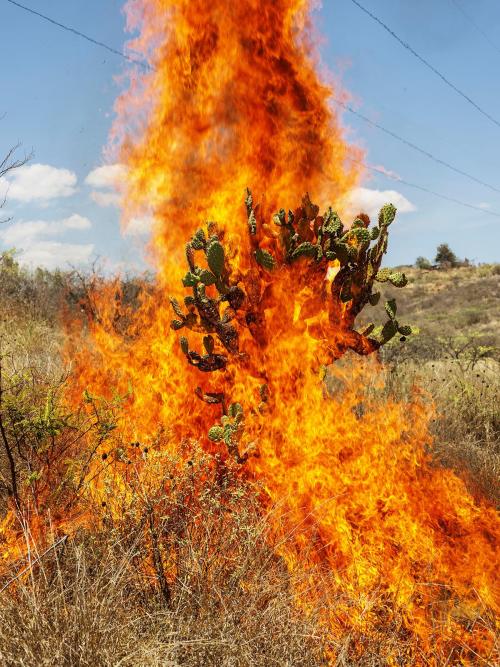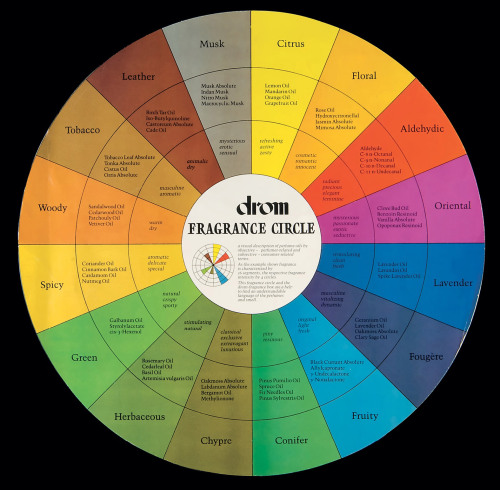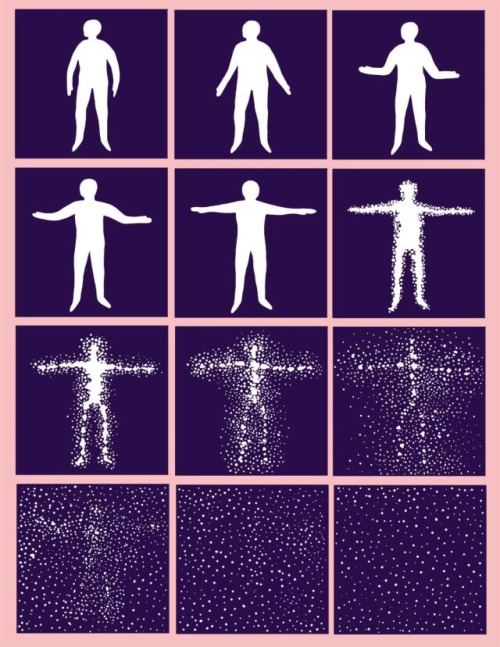The Oldest Mexican Cookbook In The University Of Texas At San Antonio’s (UTSA) Collection Was Never

The oldest Mexican cookbook in the University of Texas at San Antonio’s (UTSA) collection was never meant for public consumption. Handwritten in 1789 by Doña Ignacita, a woman who probably served as the kitchen manager for a well-to-do family, the manuscript includes recipes for such specialties as “hidden vegetable stew,” or potaje escondido, and an orange-hued soup called zopa de naranja.
….
“I’ve had students in tears going through these, because it’s so powerful to see that connection with how their family makes certain dishes and where they originated,” UTSA Special Collections Librarian Stephanie Noell tells Atlas Obscura. “I want anybody with an internet connection to be able to see these works.”
More Posts from Kakieoan and Others
Hawaii became the first state legislature to call for permanent ceasefire in Gaza










“I ask myself what I will do here on earth with this worthless, defiant body. And I hear my body answer: —What will I do with this spark that believed itself the sun and this breath that believed itself the wind?”
— Dulce María Loynaz, tr. James O’Connor, Absolute Solitude: Selected Poems; “XXXII” (via futurefae)


Zapotec Bride from Juchitán de Zaragoza - Pieter Hugo

Fragrance circle used by Drom, a global scent company founded in Germany in 1911.
“Ask permission. Before cutting the branch of a tree or removing a flower, tell the spirit of the tree or plant what you are going to do, so that they can withdraw their energy from that place and not feel the cut so strong. When you go to nature and want to take a stone that was in the river, ask the river keeper if he allows you to take one of his sacred stones. If you have to climb a mountain or make a pilgrimage through the jungle, ask permission from the spirits and guardians of the place. It is very important that you communicate even if you do not feel, do not listen or do not see. Enter with respect to each place, since Nature listens to you, sees you and feels you. Every movement you make in the microcosm generates a great impact on the macrocosm. When you approach an animal, give thanks for the medicine it has for you. Honor life in its many forms and be aware that each being is fulfilling its purpose, nothing was created to fill spaces, everything and everyone is here remembering our mission, remembering who we are and awakening from the sacred dream to return home.”
— Getting To The Root
How many incarcerated people actually need to be rehabilitated, really? How many people just need a decent income, or better quality of life overall, or steady childcare, or to not be punished for made-up crimes?
Yet I am in love with words. They are doves falling out of the ceiling.
“Be careful of words, even the miraculous ones. For the miraculous we do our best, sometimes they swarm like insects and leave not a sting but a kiss. They can be as good as fingers. They can be as trusty as the rock you stick your bottom on. But they can be both daisies and bruises. Yet I am in love with words. They are doves falling out of the ceiling. They are six holy oranges sitting in my lap. They are the trees, the legs of summer, and the sun, its passionate face…” — Anne Sexton, a fragment from “Words”, from the book “The Awful Rowing Toward God” (Houghton Mifflin Co; March 1, 1975) (via Alive on all Channels)
-
 atomic-two-sheds reblogged this · 3 weeks ago
atomic-two-sheds reblogged this · 3 weeks ago -
 atomic-two-sheds liked this · 3 weeks ago
atomic-two-sheds liked this · 3 weeks ago -
 bluestockingbaby liked this · 3 weeks ago
bluestockingbaby liked this · 3 weeks ago -
 renee561 reblogged this · 3 weeks ago
renee561 reblogged this · 3 weeks ago -
 vaticanomenon reblogged this · 3 weeks ago
vaticanomenon reblogged this · 3 weeks ago -
 morose-fan reblogged this · 1 month ago
morose-fan reblogged this · 1 month ago -
 stitch-away liked this · 1 month ago
stitch-away liked this · 1 month ago -
 thewhisperingescapes reblogged this · 1 month ago
thewhisperingescapes reblogged this · 1 month ago -
 sipping-ambrosia-wine reblogged this · 1 month ago
sipping-ambrosia-wine reblogged this · 1 month ago -
 sipping-ambrosia-wine liked this · 1 month ago
sipping-ambrosia-wine liked this · 1 month ago -
 morose-fan liked this · 1 month ago
morose-fan liked this · 1 month ago -
 whoaitspascal87 reblogged this · 1 month ago
whoaitspascal87 reblogged this · 1 month ago -
 bikananjarrus reblogged this · 1 month ago
bikananjarrus reblogged this · 1 month ago -
 mayorjack liked this · 1 month ago
mayorjack liked this · 1 month ago -
 whatdoyoumeanyoucanonlyhave1otp reblogged this · 1 month ago
whatdoyoumeanyoucanonlyhave1otp reblogged this · 1 month ago -
 whatdoyoumeanyoucanonlyhave1otp liked this · 1 month ago
whatdoyoumeanyoucanonlyhave1otp liked this · 1 month ago -
 michaelormewood reblogged this · 1 month ago
michaelormewood reblogged this · 1 month ago -
 yummynummynanoplastics liked this · 10 months ago
yummynummynanoplastics liked this · 10 months ago -
 possumsmushroom liked this · 10 months ago
possumsmushroom liked this · 10 months ago -
 librarianarchist reblogged this · 10 months ago
librarianarchist reblogged this · 10 months ago -
 tartrazeen reblogged this · 10 months ago
tartrazeen reblogged this · 10 months ago -
 stonegirlfriend reblogged this · 10 months ago
stonegirlfriend reblogged this · 10 months ago -
 lovemeorlovemycloset liked this · 10 months ago
lovemeorlovemycloset liked this · 10 months ago -
 diluc33rpm liked this · 1 year ago
diluc33rpm liked this · 1 year ago -
 divideimpera liked this · 1 year ago
divideimpera liked this · 1 year ago -
 enigmasandepiphanies liked this · 1 year ago
enigmasandepiphanies liked this · 1 year ago -
 wacnordo reblogged this · 2 years ago
wacnordo reblogged this · 2 years ago -
 wacnordo liked this · 2 years ago
wacnordo liked this · 2 years ago -
 bugsupport liked this · 2 years ago
bugsupport liked this · 2 years ago -
 ketallpot reblogged this · 2 years ago
ketallpot reblogged this · 2 years ago -
 hairyfairyfemme liked this · 2 years ago
hairyfairyfemme liked this · 2 years ago -
 tostitto reblogged this · 2 years ago
tostitto reblogged this · 2 years ago -
 grilloverdesape reblogged this · 2 years ago
grilloverdesape reblogged this · 2 years ago -
 grilloverdesape liked this · 2 years ago
grilloverdesape liked this · 2 years ago -
 fuzzyhairedfreak reblogged this · 2 years ago
fuzzyhairedfreak reblogged this · 2 years ago -
 homeinabookshelf reblogged this · 2 years ago
homeinabookshelf reblogged this · 2 years ago -
 sassy-lesbian liked this · 2 years ago
sassy-lesbian liked this · 2 years ago -
 eclectick reblogged this · 2 years ago
eclectick reblogged this · 2 years ago -
 eclectick liked this · 2 years ago
eclectick liked this · 2 years ago -
 my-ref-corner reblogged this · 2 years ago
my-ref-corner reblogged this · 2 years ago -
 muchasputas liked this · 2 years ago
muchasputas liked this · 2 years ago -
 idislikethissite reblogged this · 2 years ago
idislikethissite reblogged this · 2 years ago -
 weirdlittletoasterboy reblogged this · 2 years ago
weirdlittletoasterboy reblogged this · 2 years ago -
 weirdlittletoasterboy liked this · 2 years ago
weirdlittletoasterboy liked this · 2 years ago


